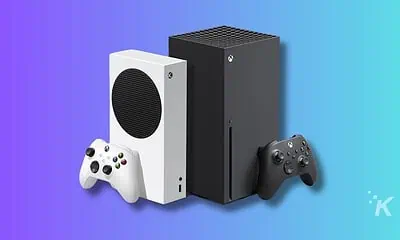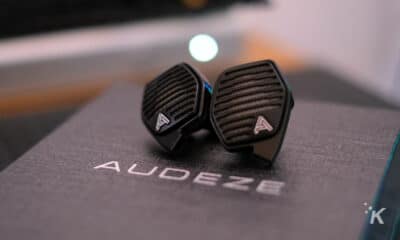Audio
What’s a headphone amp and why would you want one?
Want the best out of your music, movies, or games? A headphone amp can help.
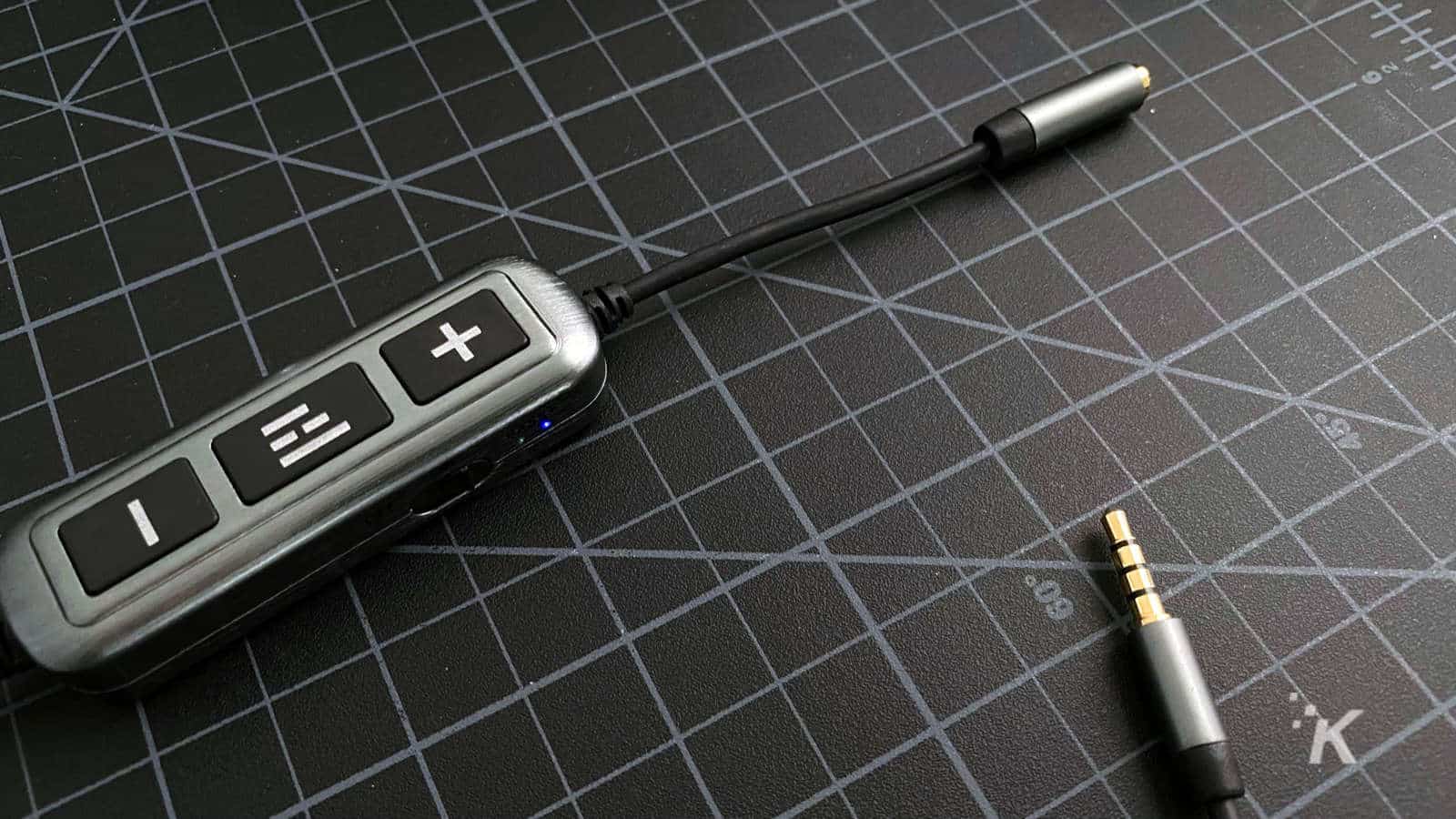
Just a heads up, if you buy something through our links, we may get a small share of the sale. It’s one of the ways we keep the lights on here. Click here for more.
The way we listen to music was irrevocably changed with the invention of the CD, turning the majority of the music industry into digital formats that heralded the streaming services we use today. Music players have also miniaturized, helped by that switch to digital formats, creating a huge influx of headphone companies to create killer cans for us to listen to music on.
Now, you might know that using wired headphones is usually going to give you a better sound than wireless ones will. While most recent audio players or computers have much better sound circuitry than they used to, we can always improve the sound coming into our ears by connecting our headphones to a headphone amp. A good one can show you how your headphones should have sounded all along while transporting you into the emotion that the original artist had when they recorded the track.
With so many devices on the market all claiming to be a headphone amp, how do you know what to choose? What does it actually do? How much is it going to cost me for a quality one? We’ll cover these questions and more, so you can find one that works for your ears.
Okay, so what exactly is a headphone amp?
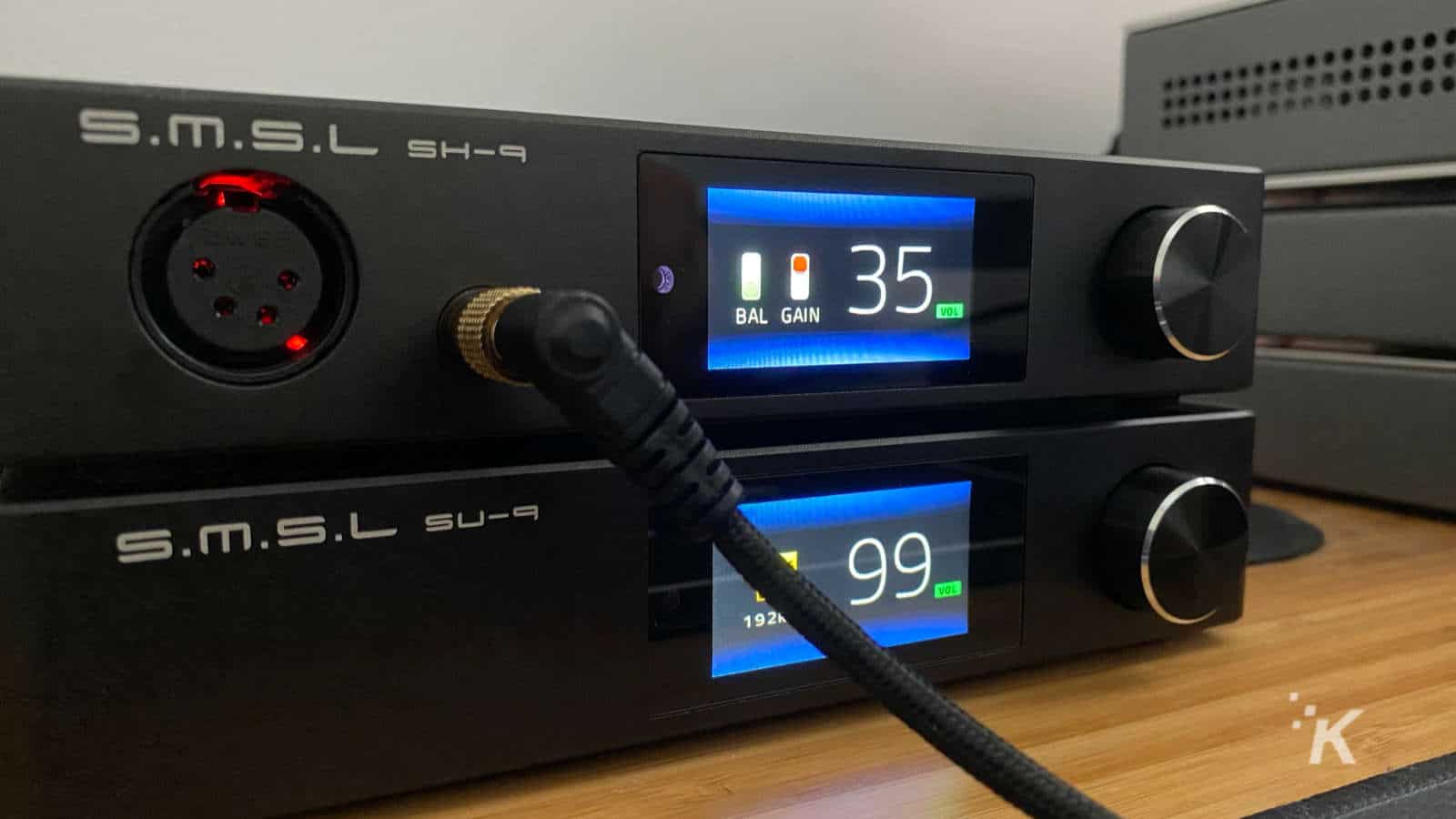
Okay, so the AMP part of the headphone amp stands for AMPlification. That’s the process of raising the low-voltage audio signal from your source device to a sufficient level to drive your headphones, so they can convert the electrical waves into sound waves. You might be more familiar with the amps driving your stereo speakers or your TV’s surround-sound system. It’s the same principle on all three, with the amplification on a headphone amp happening at a lower level.
While your laptop, phone, or computer already has all the circuitry needed to get sound signals to your headphones, often they’re not really of any consistent quality. Some are adequate, most are bad, and only a few are actually good. That doesn’t matter if the only headphones you use on that device are low-cost ones, but once you start buying better headphones, you want a better source to drive them.
Do you absolutely need one? No, probably not. Then again, if you want the best out of your music, movies, or games, then you probably do want one.
Let’s talk numbers
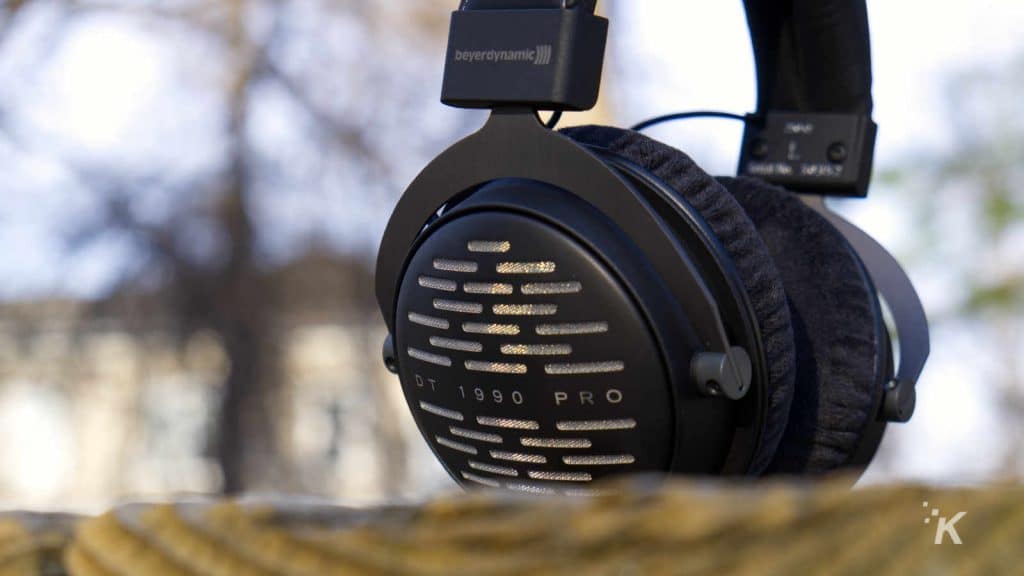
Here’s the thing. Depending on your headphones, you absolutely do need a headphone amp to drive properly. Without one, you’ll hear very muted sounds from your expensive headphones, which is just lame. That’s usually headphones with a high impedance value, like the Beyerdynamic DT 1990 Pro we reviewed last year, which has a 250 ohms impedance value. Impedance is simply the resistance of an electrical circuit, and headphones are usually between 16 ohms and 600 ohms. Generally speaking, a higher impedance value means you need more power to drive them optimally, so looking at headphone amps is a good call.
Most headphones with high impedance were designed to be used on the powerful audio gear inside recording studios, so getting an amplifier for home listening is necessary. That’s equally true for higher-impedance headphones using planar drivers, like Audeze’s LCD-3, which is 100 ohms.
If your headphones have an impedance of 50 ohms or more, we’d recommend looking for an amp, even a low-cost one like the Schiit Heresy will be enough for most headphones. Even if your headphones are 32 ohms or fewer, you still might be in want of an amp, even if you don’t really need one.
The last thing to consider is that audio is all about keeping a quality signal path. The better components you use, the better the sound (usually). That’s true for your source, your DAC, your amplifier, your headphones, and yes, your ears. Higher-quality headphone amps will improve the sound on almost any headphones that cost more than $100, whether that’s from reducing distortion to adding or removing color, like making the sound quality clearer or warmer and smoother.
Okay, so what do I buy?
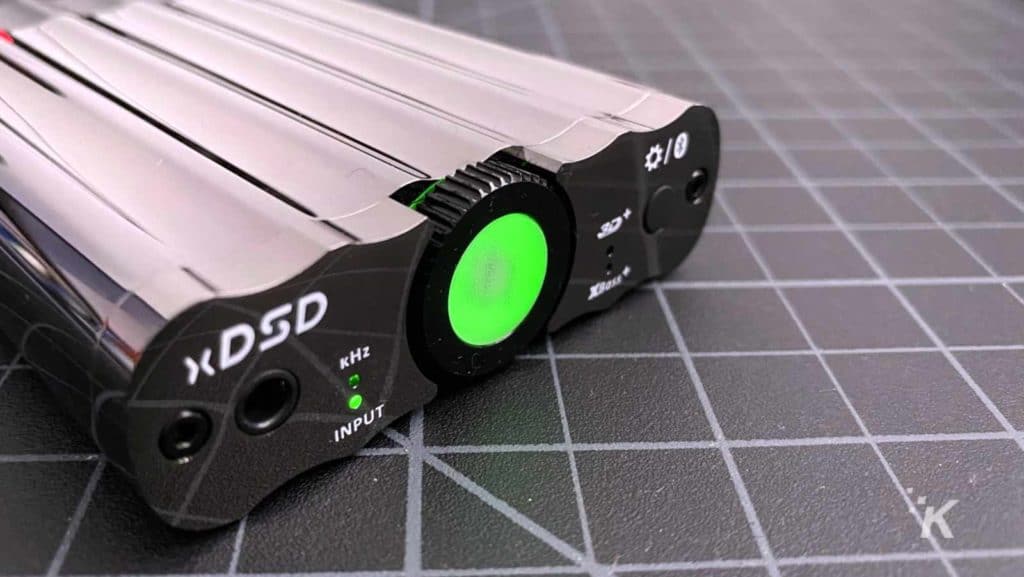
The good news is that raising your headphone game won’t cost a small fortune. I mean, it can, but you get diminishing returns pretty quickly and you don’t have to buy anything more expensive if you don’t want.
Mobile: We were impressed by Helm Audio’s $200 AAAMP, which has THX certification for low distortion levels, and has an impressive level of amplification for such a small device. The iFi xDSD at $400 is a good option if you want to go a price band higher, or Fiio has some great Bluetooth amplifiers if you don’t want to spend as much.
Desktop: You can spend anywhere up to thousands for desktop headphone amplifiers, but you don’t need to go that high to get quality sound. Schiit’s Magni Heresy could almost be endgame at $100, so could their $199 Magnius which adds balanced connectors to the mix.
We hope you now understand a bit more about headphone amps, and why you’d want one (or need, in some cases). Very few headphones on the market actually need a headphone amp, but almost any headphone can benefit from cleaner amplification, which thankfully doesn’t need to cost a small fortune.
Have any thoughts on this? Let us know down below in the comments or carry the discussion over to our Twitter or Facebook.
Editors’ Recommendations:
- Review: The Schiit Modi and Magni DAC/AMP combo
- Review: ADI-2 DAC FS from RME – reference sounds for reference ears
- Review: Sound BlasterX G6 External DAC/Amp for Gaming – Power for your ears
- Review: Schiit Hel Gaming DAC/Amp – forget about the mixamp, cause it’s time to raise Hel
Just a heads up, if you buy something through our links, we may get a small share of the sale. It’s one of the ways we keep the lights on here. Click here for more.


















